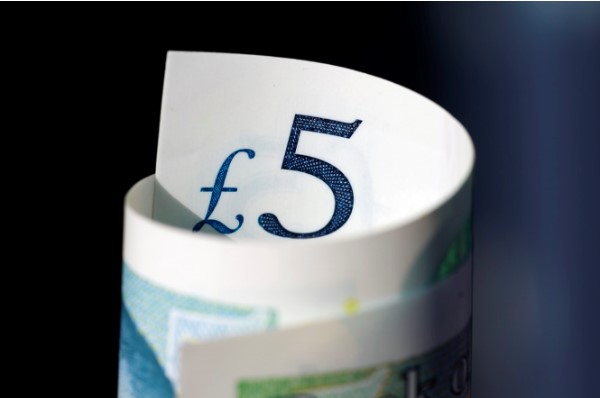The British Pound (GBP) continues to be in a state of limbo, with the political and economic future of the United Kingdom remaining unclear. While the establishment of a Conservative majority in Parliament appeared to give the UK greater certainty moving forward, traders and businesses remain cautious about the possible shape of the UK’s trading relationship with the European Union, come the start of 2021.
It is somewhat fitting that, given the purpose of Brexit, the UK currency is seemingly operating in a world of its own. Many major currencies have weakened since the coronavirus outbreak began; the Euro, the Japanese Yen and, naturally, the Chinse Yuan have all responded adversely at times to this global situation. Yet the GBP has not been affected in the same manner.
Instead, fluctuations in the British Pound have been driven by other factors. Paul Meggyesi, the Head of FX Research for JP Morgan, has described its performance as idiosyncratic, with its changes in value not representative of a typical reserve currency. The British pound’s resistance to worldwide investment trends could be attributed to the looming spectre of trade negotiations with the EU, as the product of these talks could shape the UK’s economic future for years to come.
Crucial negotiations
UK and EU officials have approved the mandate for the trade negotiations that will begin in March, with EU standards acting as a benchmark for the various elements of the trade talks. Both parties have spoken about their confidence that the EU will be able to enjoy a harmonious and mutually beneficial economic relationship with its former member.
Until that relationship comes to fruition, the forex trading community is likely to treat the GBP in a circumspect manner. Traders may be unwilling to make long-term plays on currency pairs involving the GBP as, to borrow Meggyesi’s description, a currency behaving in idiosyncratic fashion may prove to be too unpredictable to fit with a trader’s overarching strategy.
It could well be that many of the traders keen to get involved in a currency pair featuring the GBP will opt to protect their funds, using no deposit forex bonuses to finance any moves on the currency. Traders who read the diplomatic situation perfectly could then reap the rewards, while those who misread the pound’s idiosyncrasies will have not lost any deposits by making those trades.
The long-term fortunes of the GBP will remain unclear until a trade deal has been secured. If that is the case, then traders may once again feel emboldened to invest with real funds in a traditionally strong currency. However, failing to secure a deal would be a massive blow for the pound, which is why many market analysts are currently wary of the GBP.
An optimistic view
There are recent precedents informing the predictions that the GBP will rise if trade talks conclude positively. The pound hit a five-month high against the US dollar in October 2019, reaching $1.30 as an orderly Brexit appeared likely. The currency weakened again as optimism dissipated, but the pound rebounded as high as $1.35 in December, as the Conservative Party established a majority in Parliament.
That was the GBP’s highest level against the dollar since May 2018, but that figure could be dwarfed by the pound’s potential surge following the completion of a trade deal with the EU. Many traders may hold off on backing the pound until there is a sense of how trade talks are progressing, but the GBP could provide investment opportunities if it rises sharply later this year. Investors will be following political developments with a keen eye over the coming months.
A more cautious perspective
Several analysts have been more cautious when speaking about a potential upswing of the British currency. As the entire Brexit process has shown, discussions between the UK and the EU haven’t always been productive, and traders may not be seduced by the positive words of officials spoken ahead of negotiations.
The EU’s insistence on using its standards as a reference point is unsurprising, as there is little incentive for the EU to concede its position on existing practices. The key question is how many of those standards will the UK’s negotiating team be unwilling to approve, as that could make it impossible for the two parties to reach a trade deal. This would reintroduce the same threats that a no-deal Brexit promised.
The UK government has reiterated that the end of 2020 will mark the end of its negotiations with the EU. While the UK government did pass its Brexit bill through Parliament, failure to reach an agreement with the EU would leave no other option but for the UK to trade on unfavorable World Trade Organisation terms.
Analysts have indicated that failure to agree on a deal by this point will vastly reduce the ceiling of the British currency, while there would be significant scope for the GBP to plummet in value. While the definitive lack of a trade deal would bring certainty in its own way, it isn’t the kind that would bode well for the British currency.
The GBP’s resilience in the face of wider investment trends is a sign of strength, but these trade negotiations with the EU will shape its fortunes in the rest of 2020. Until those talks are concluded, many traders may be wary of either backing or opposing the British currency.




